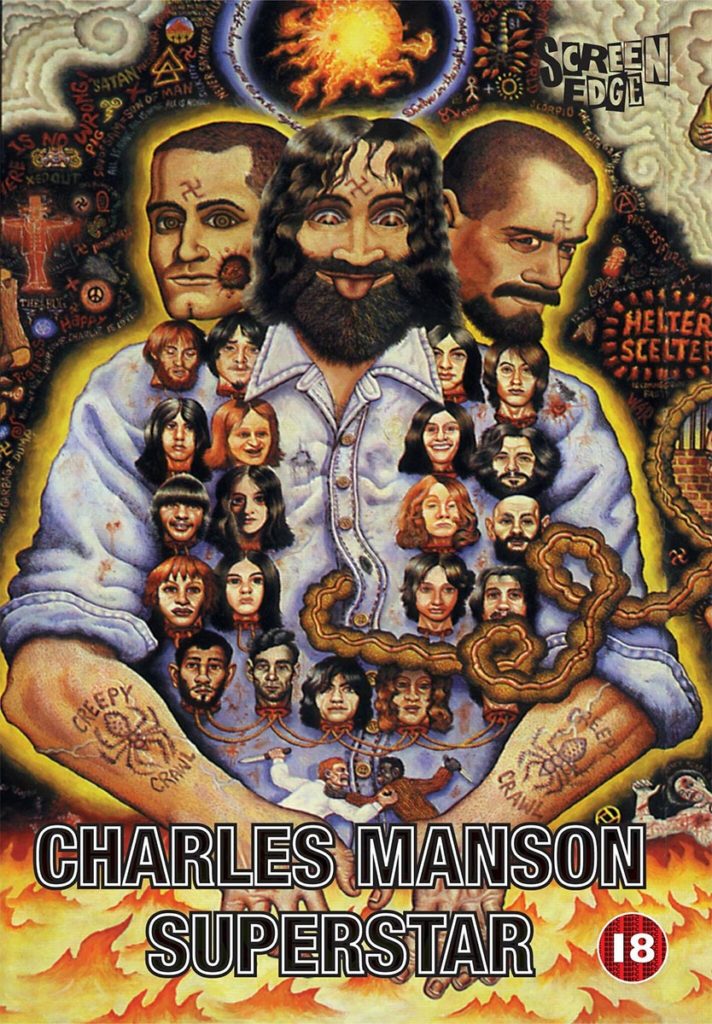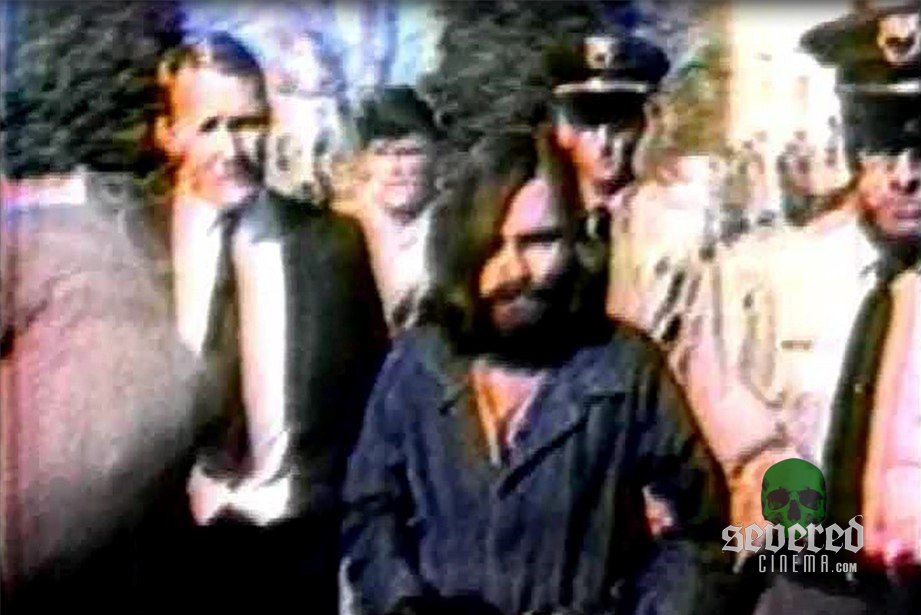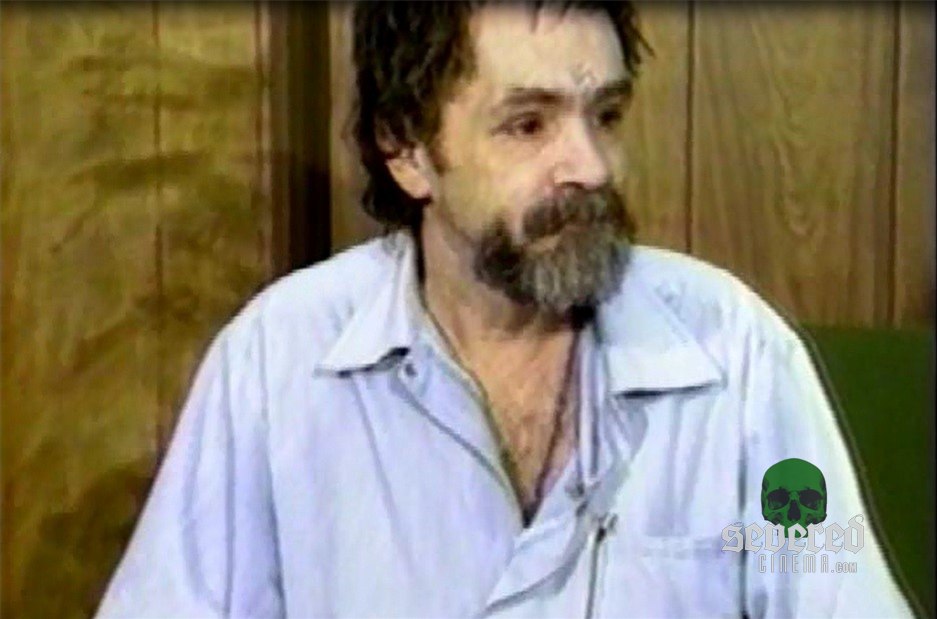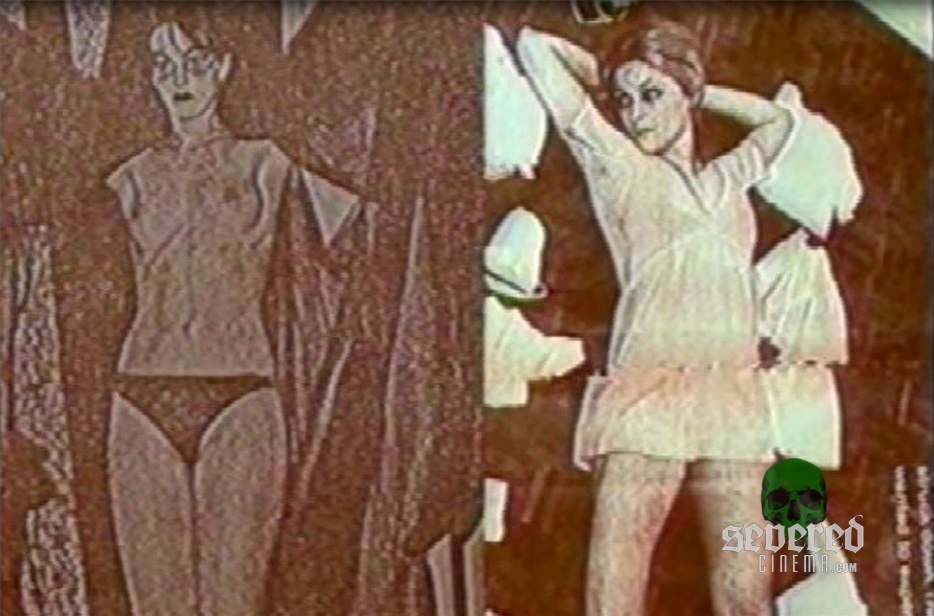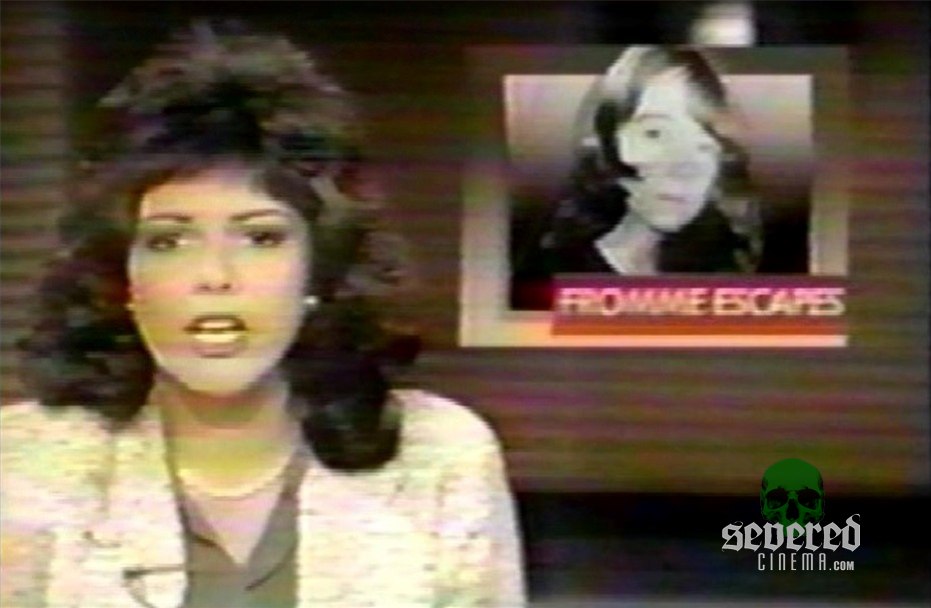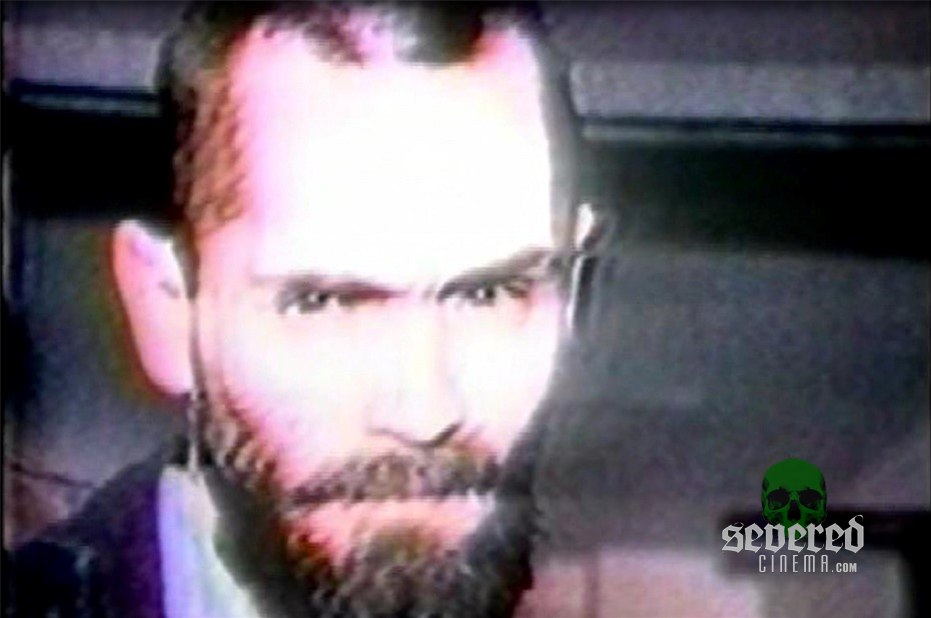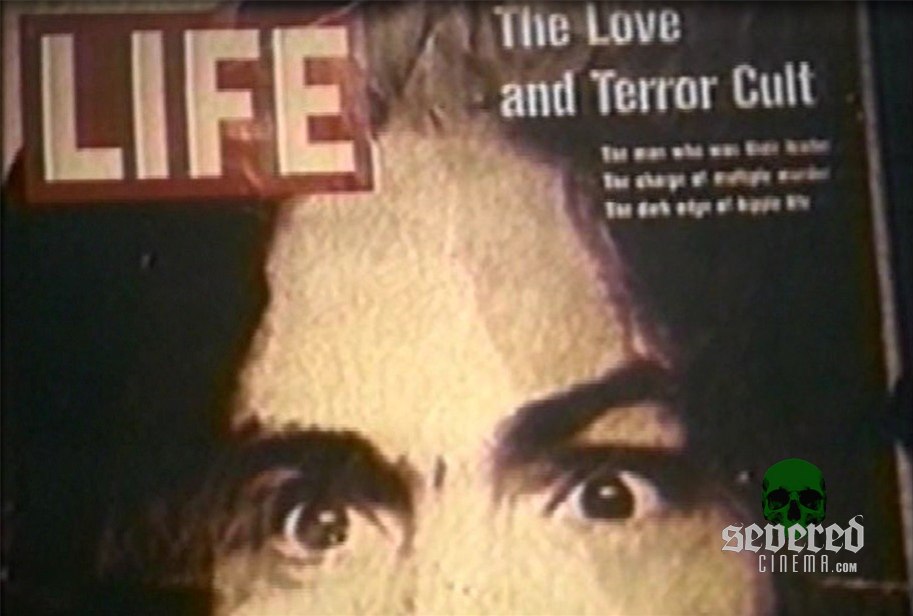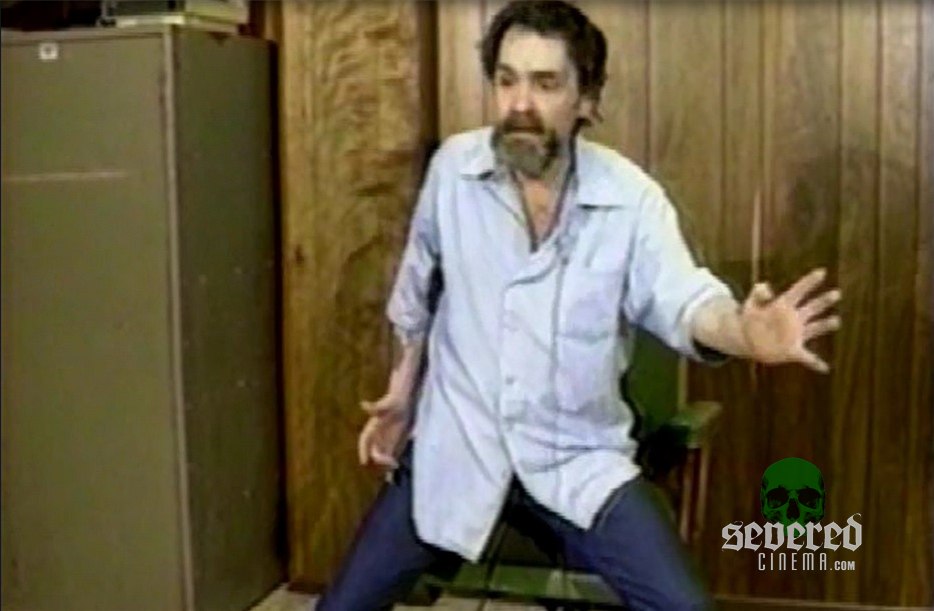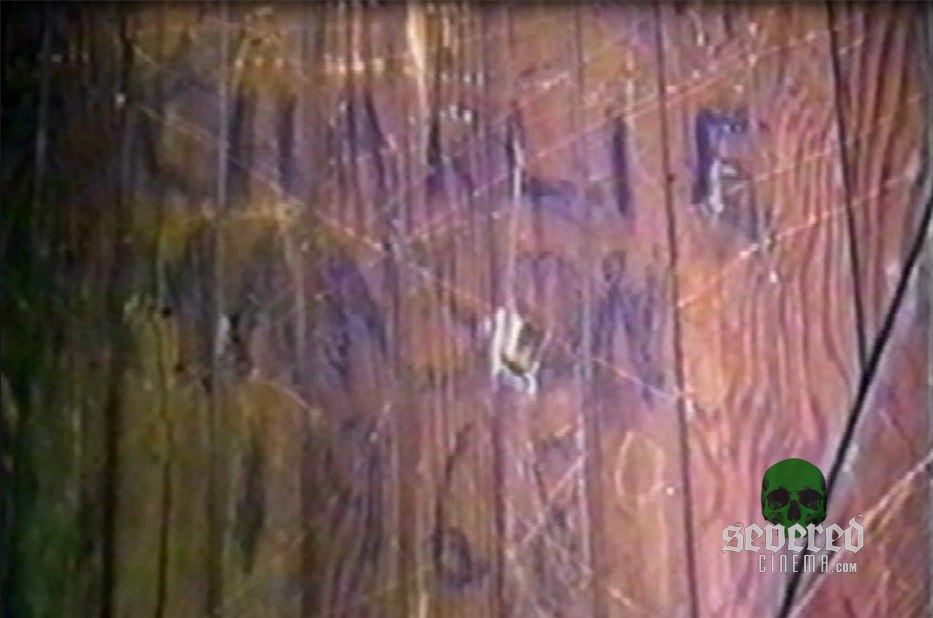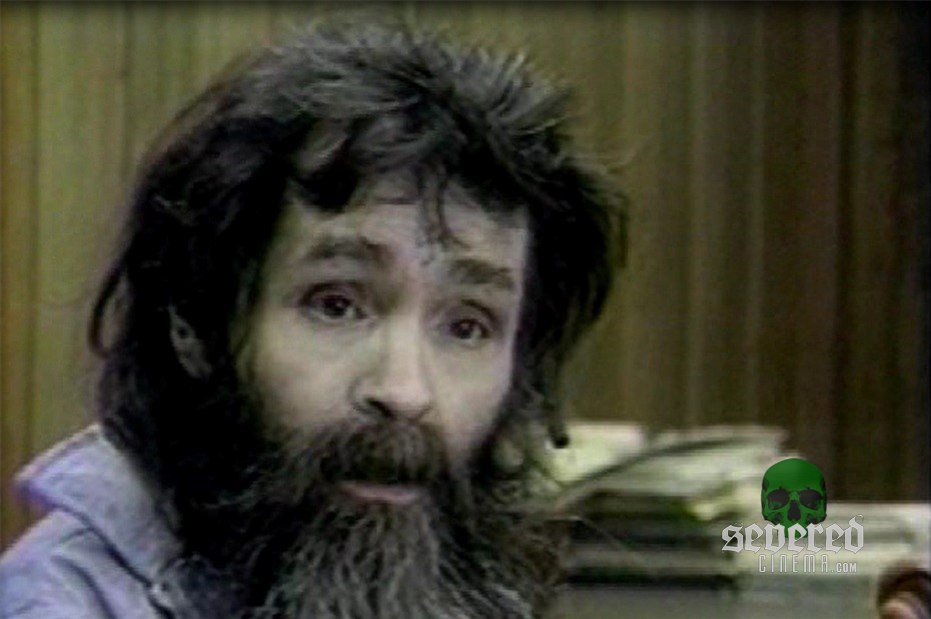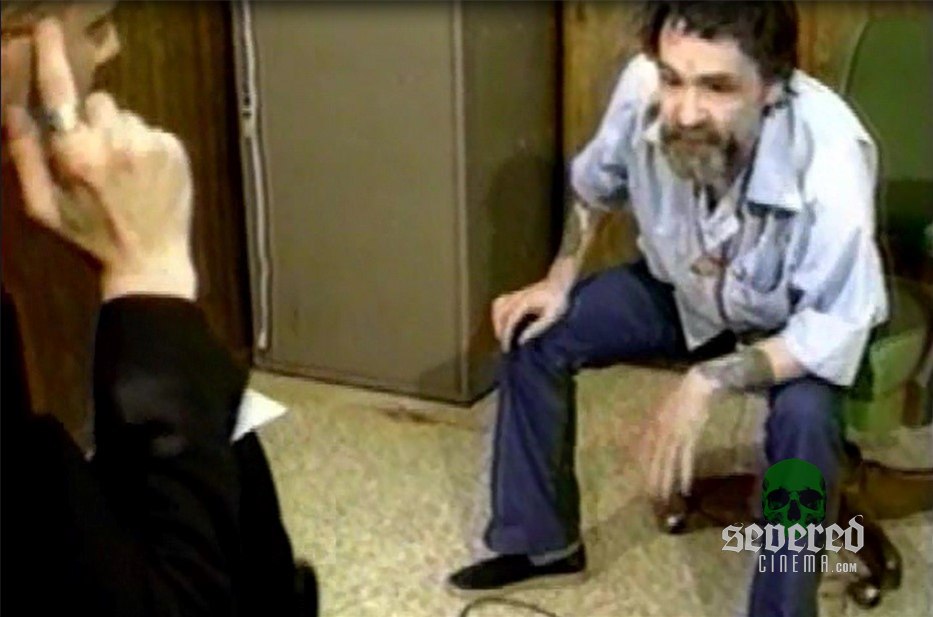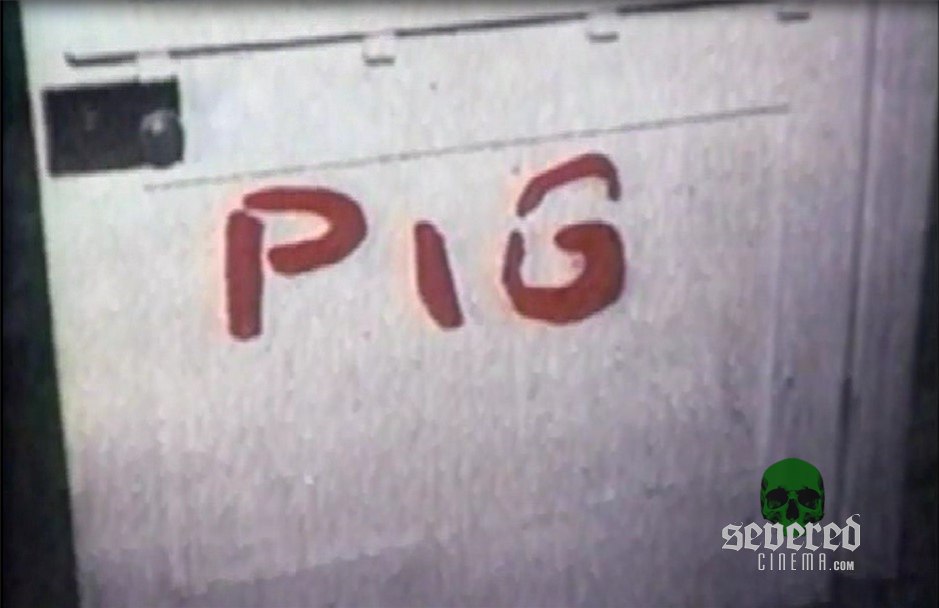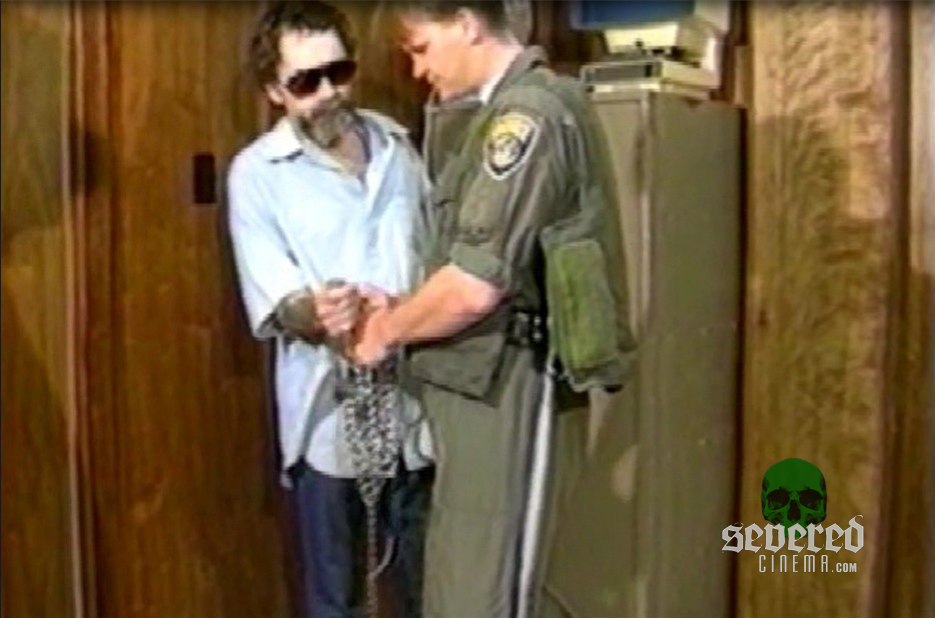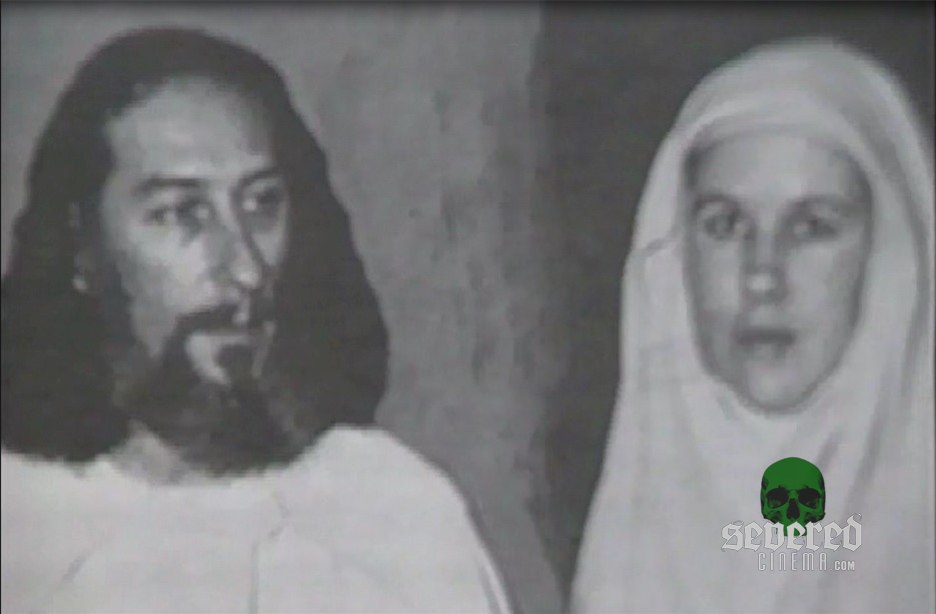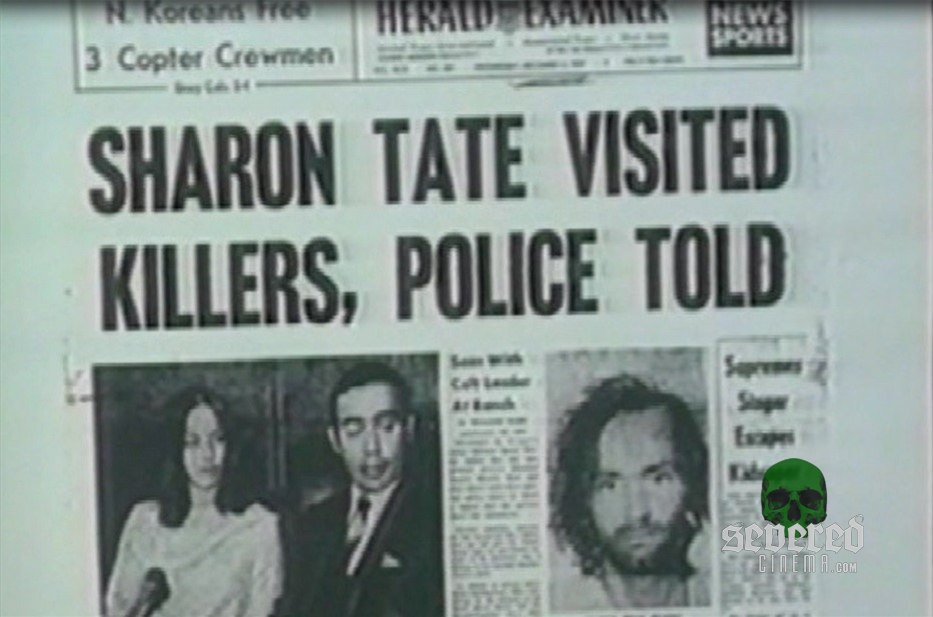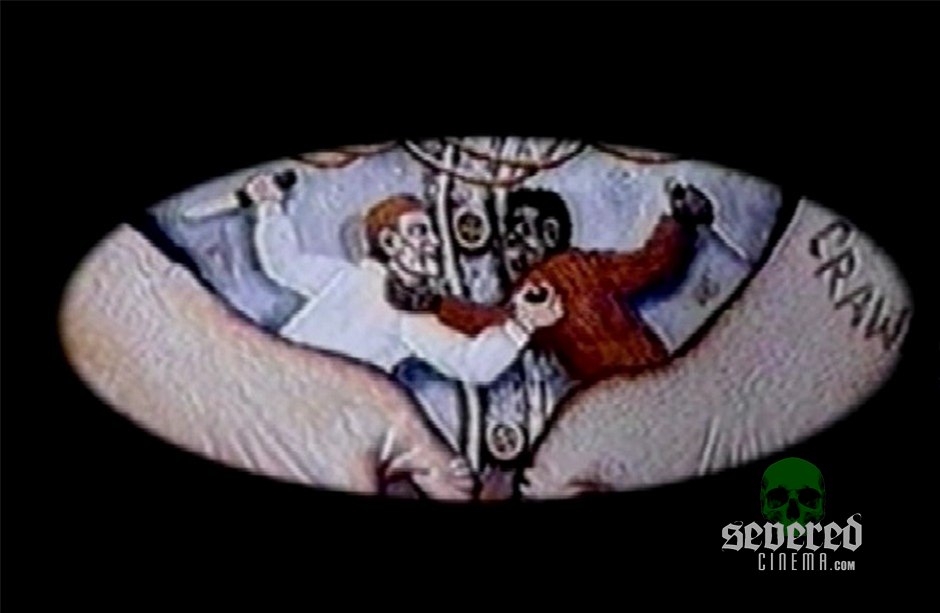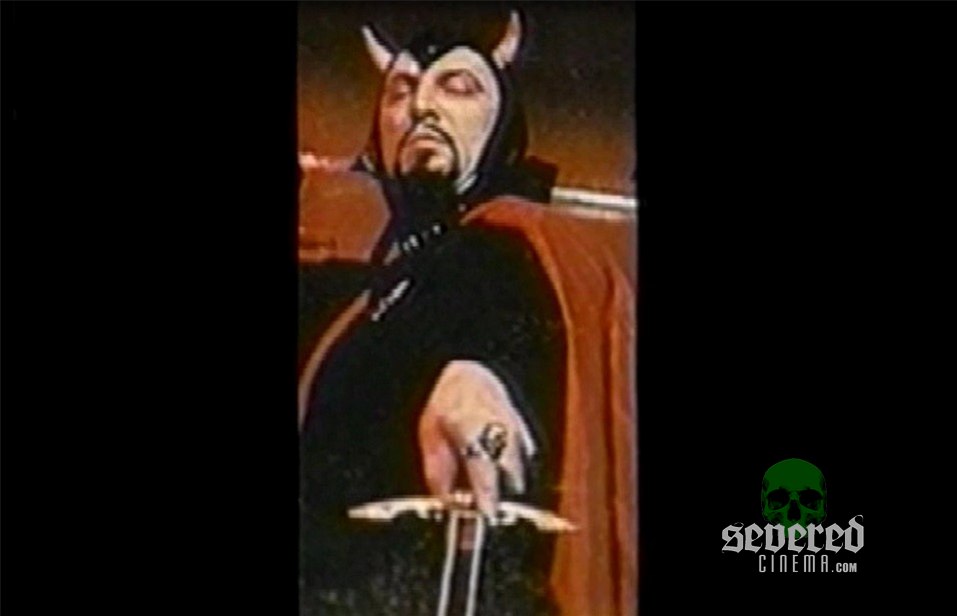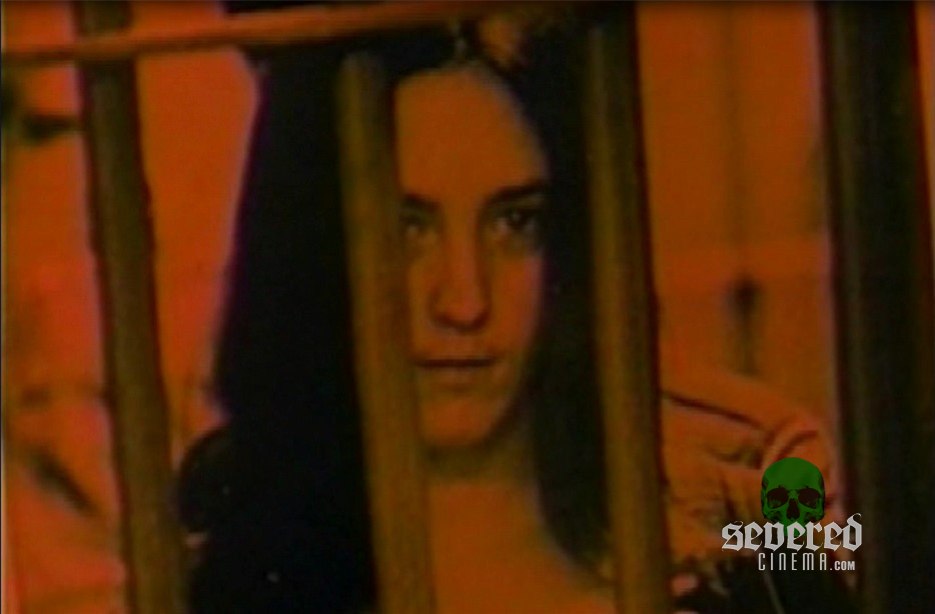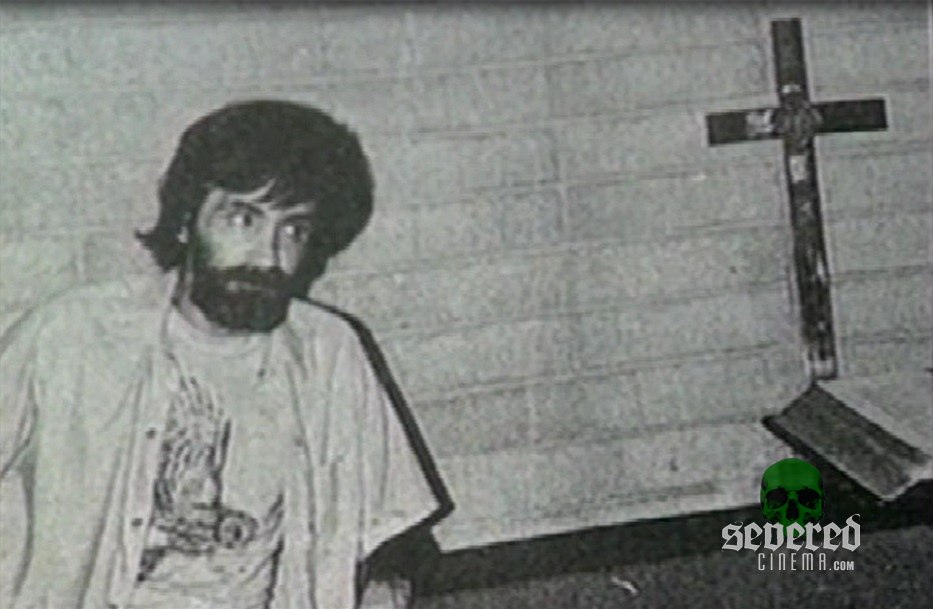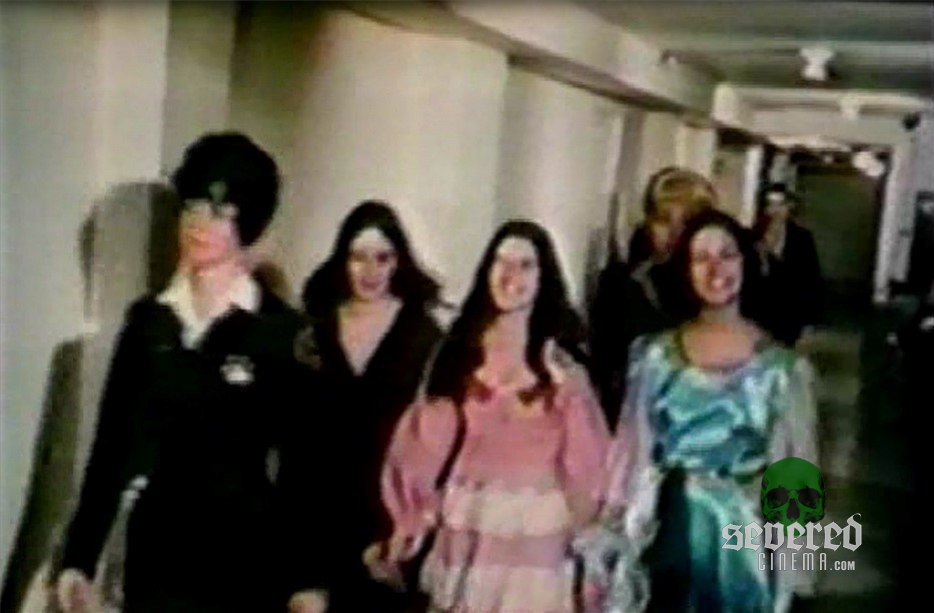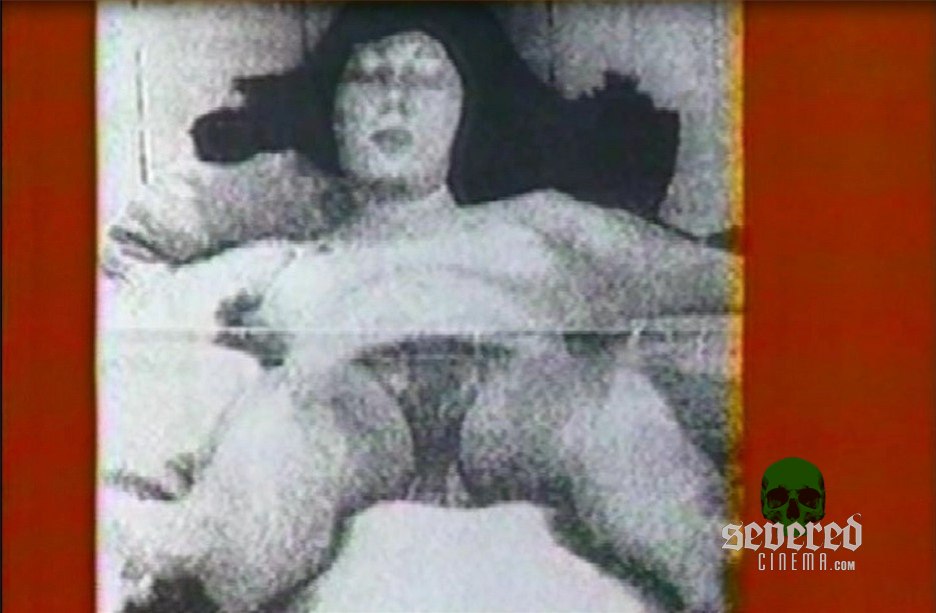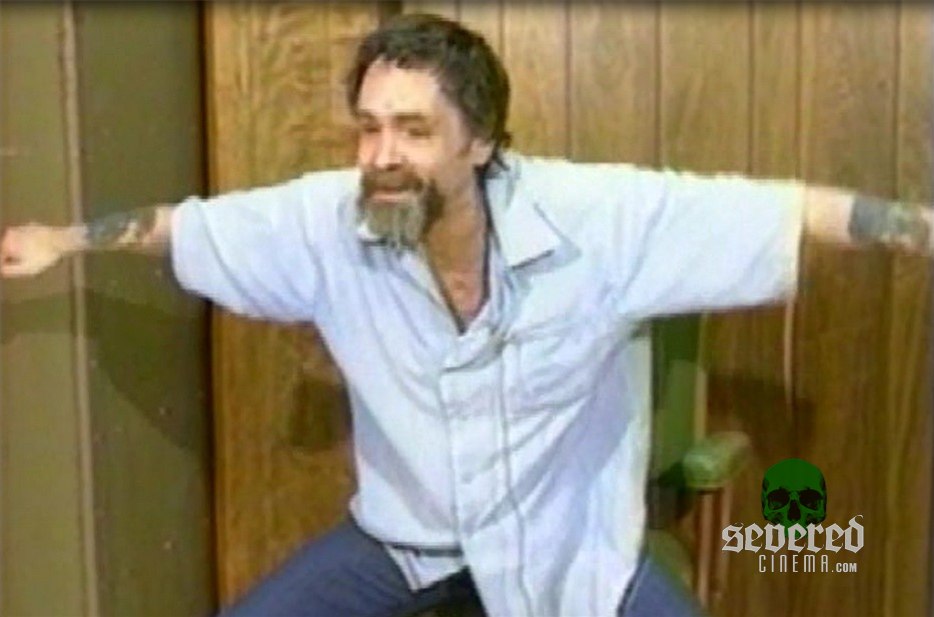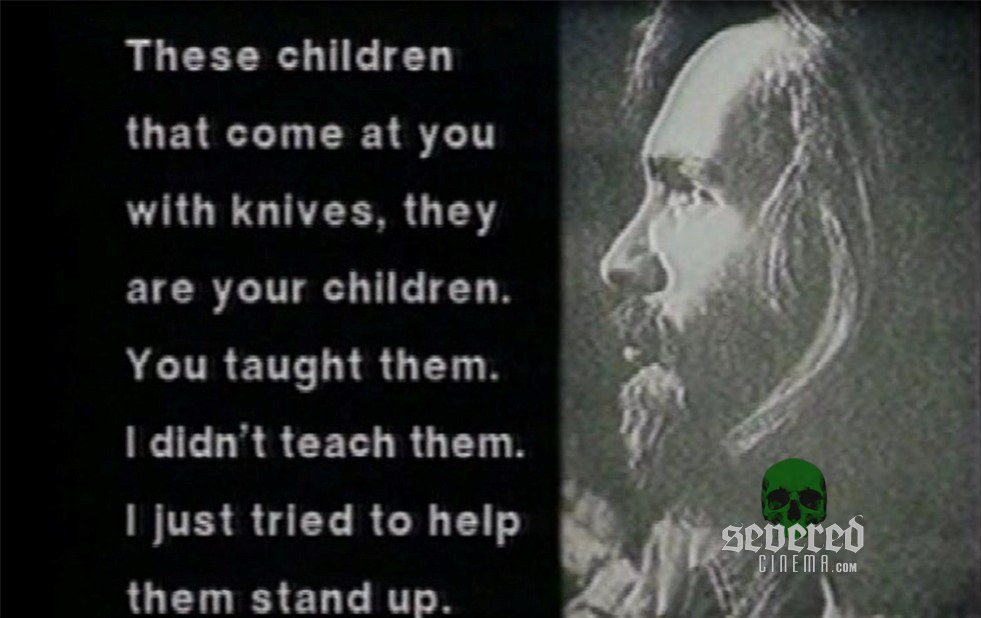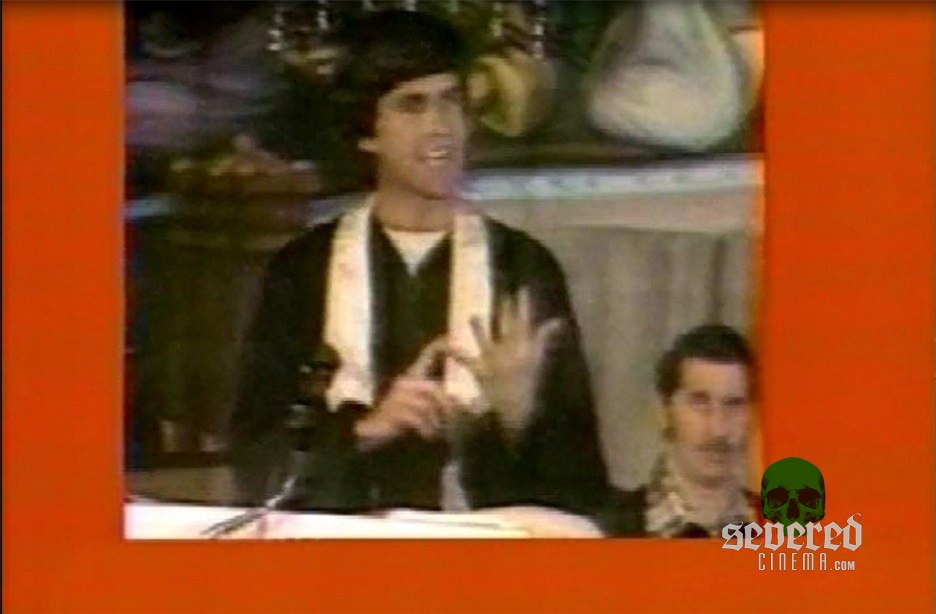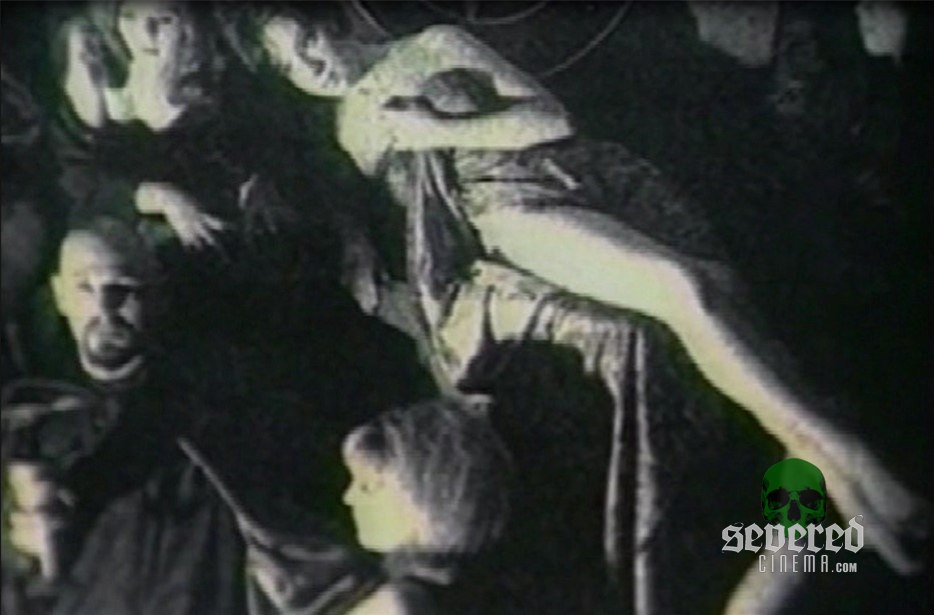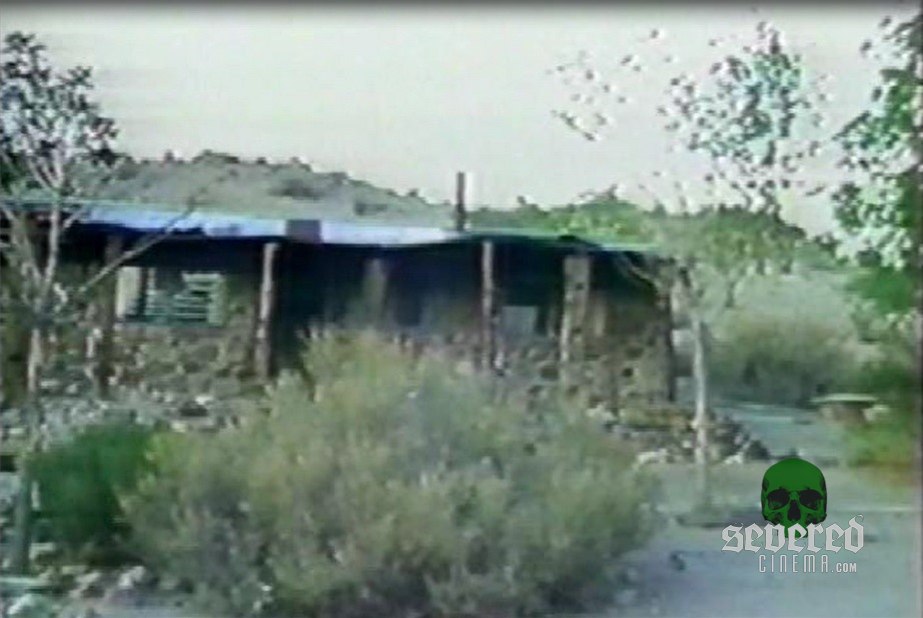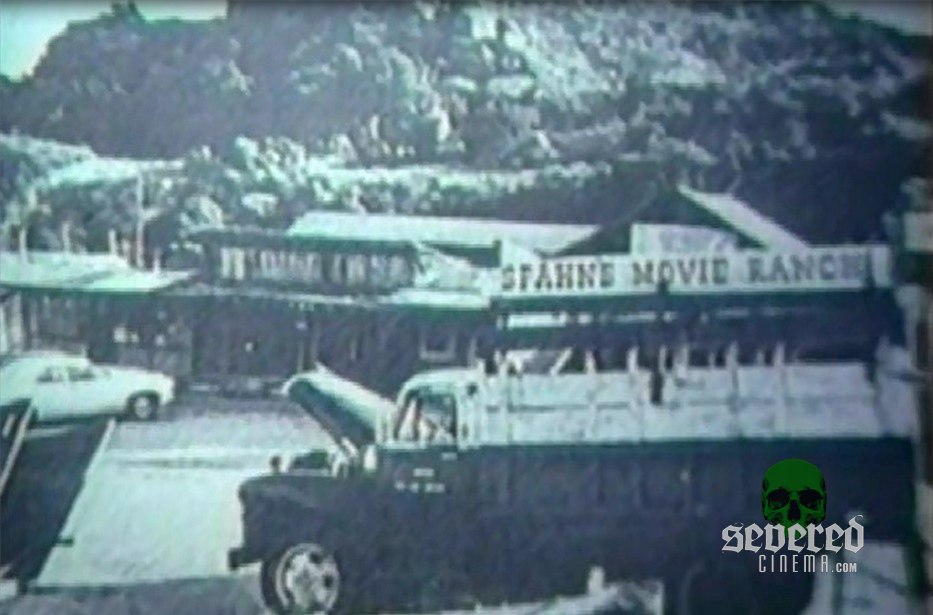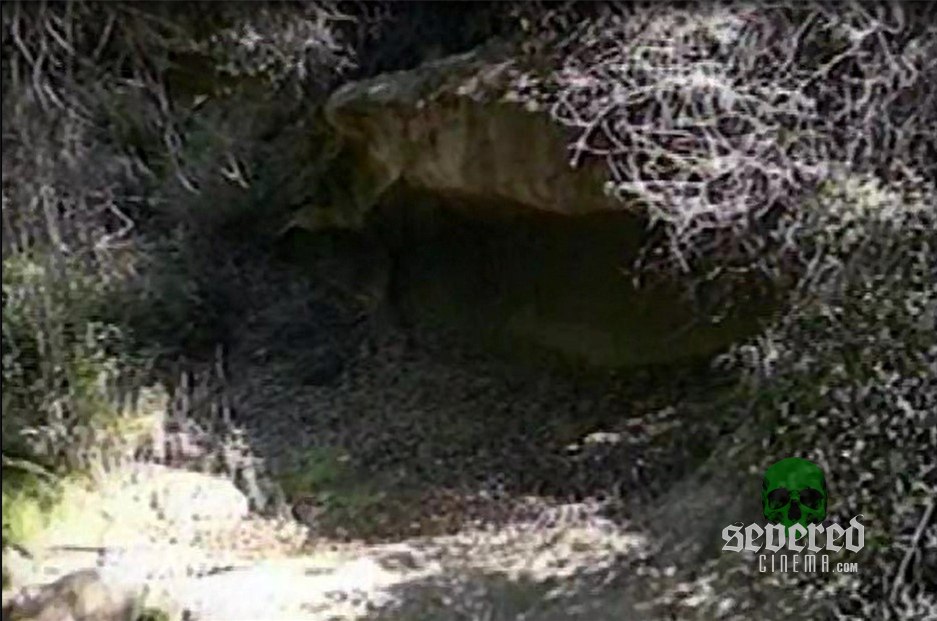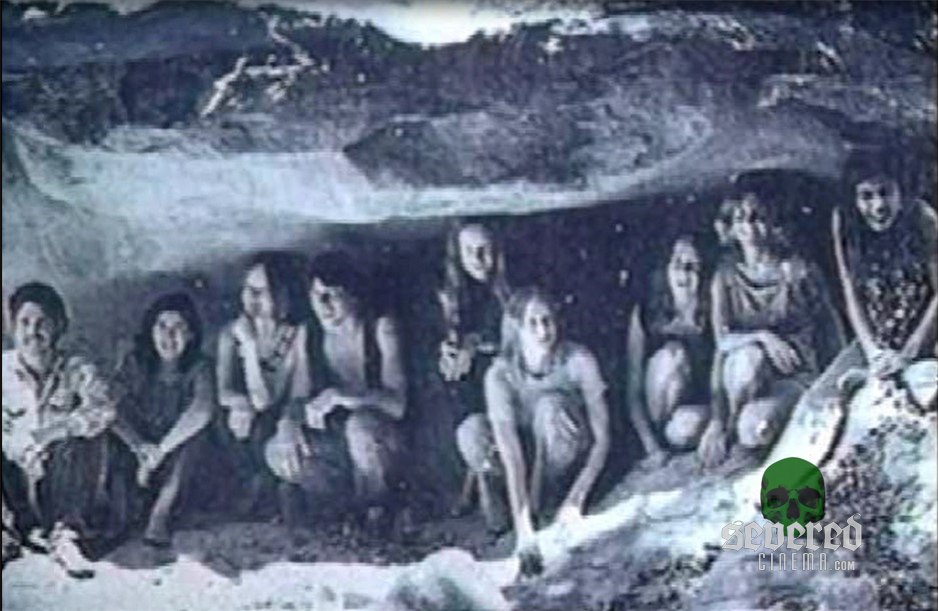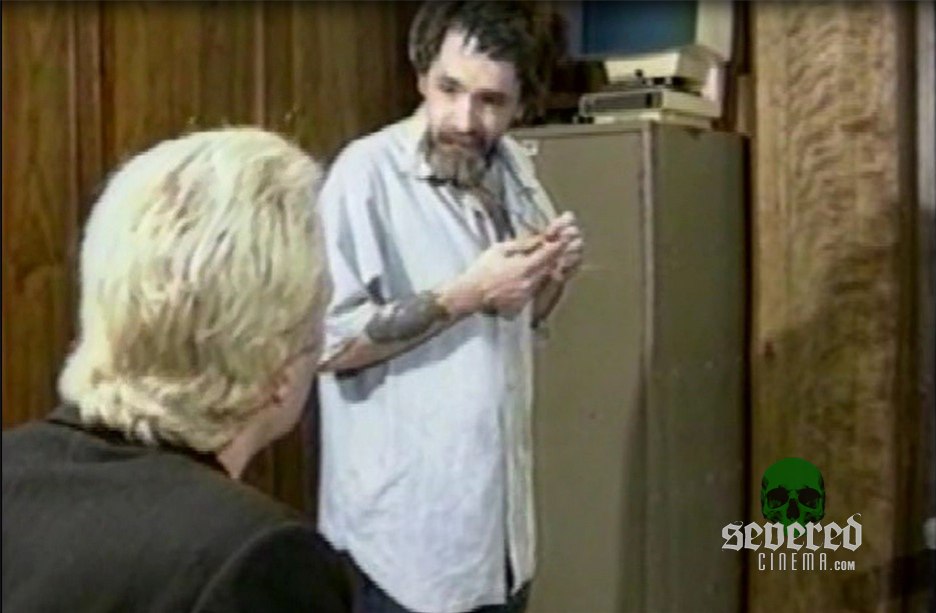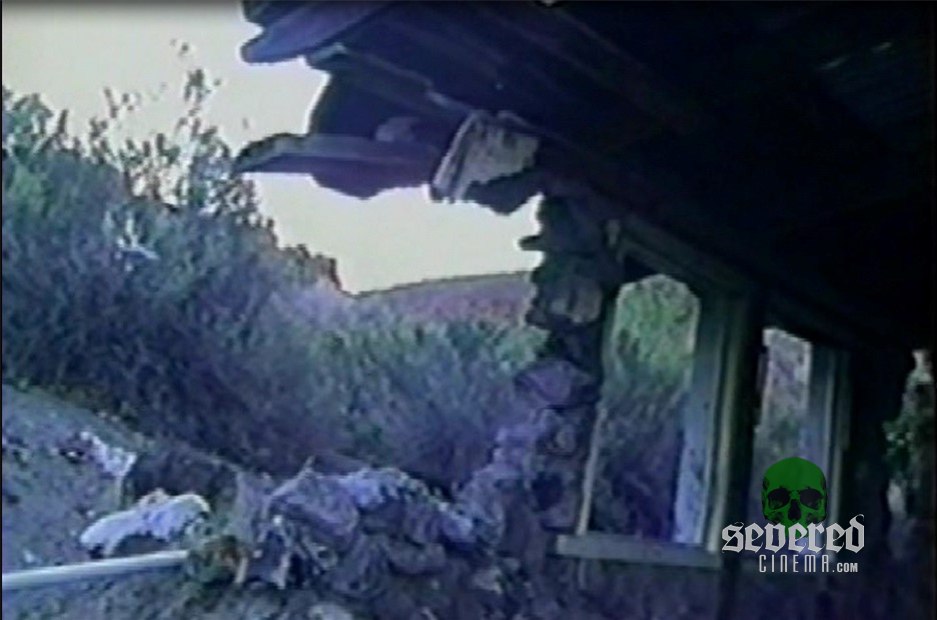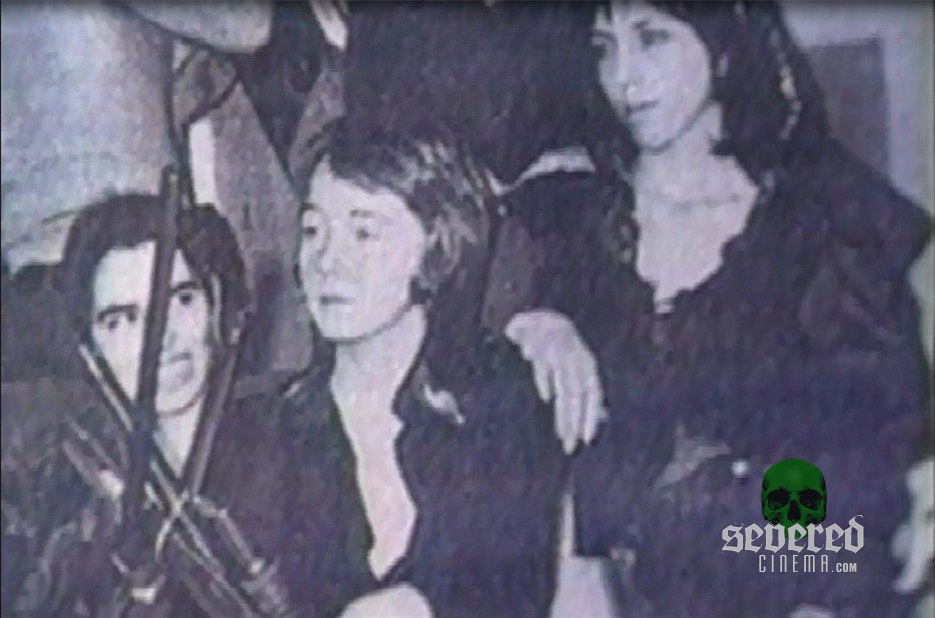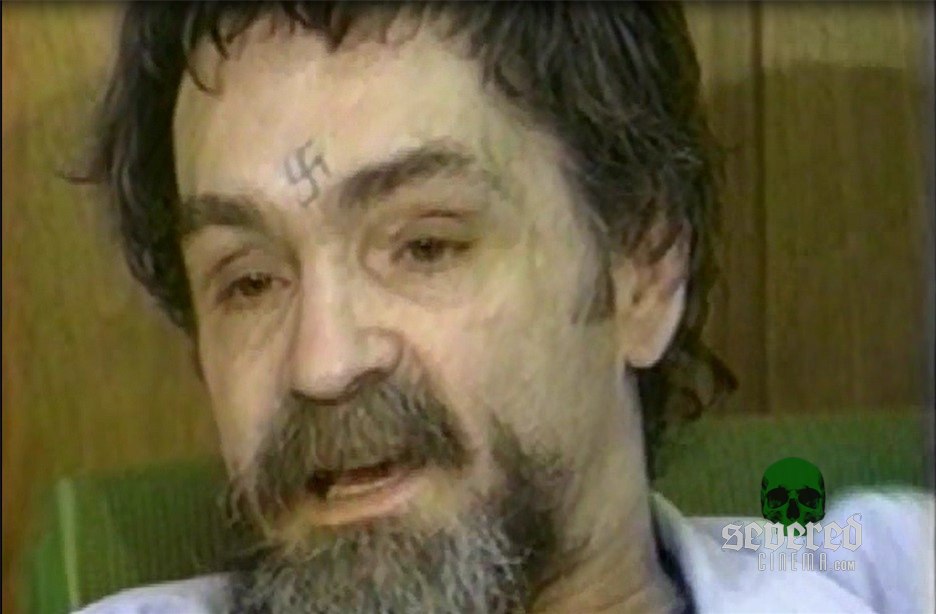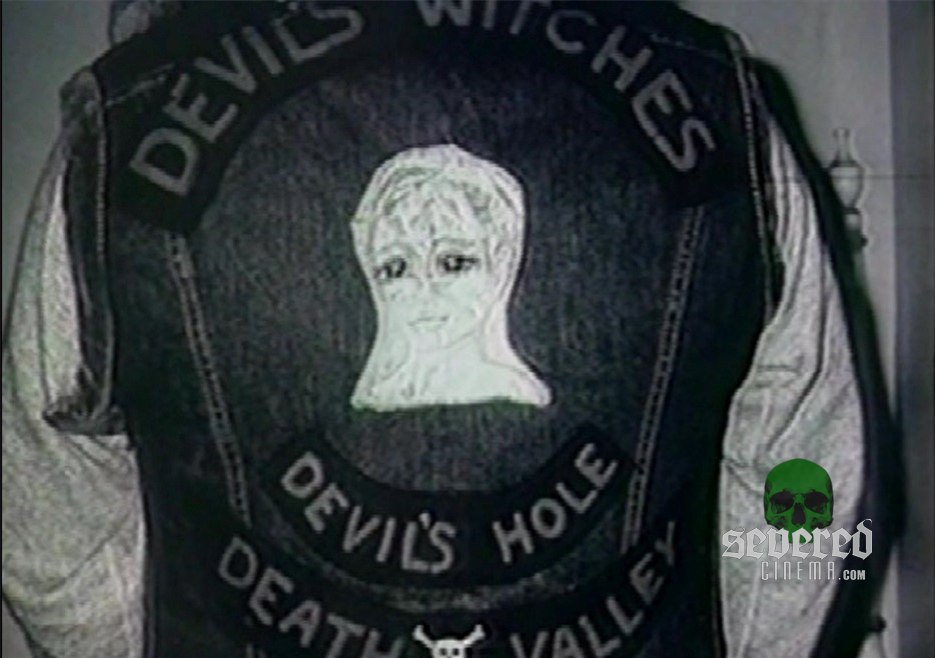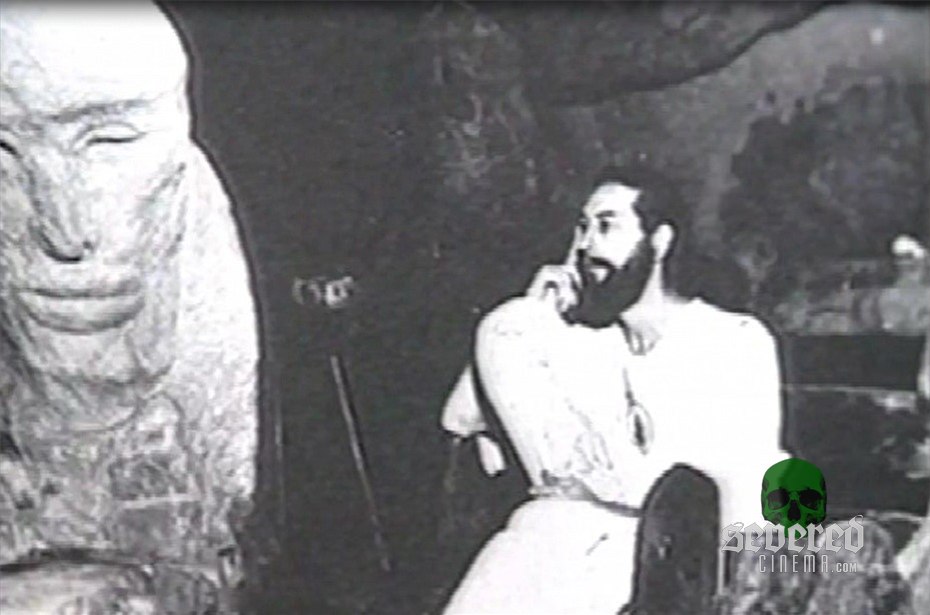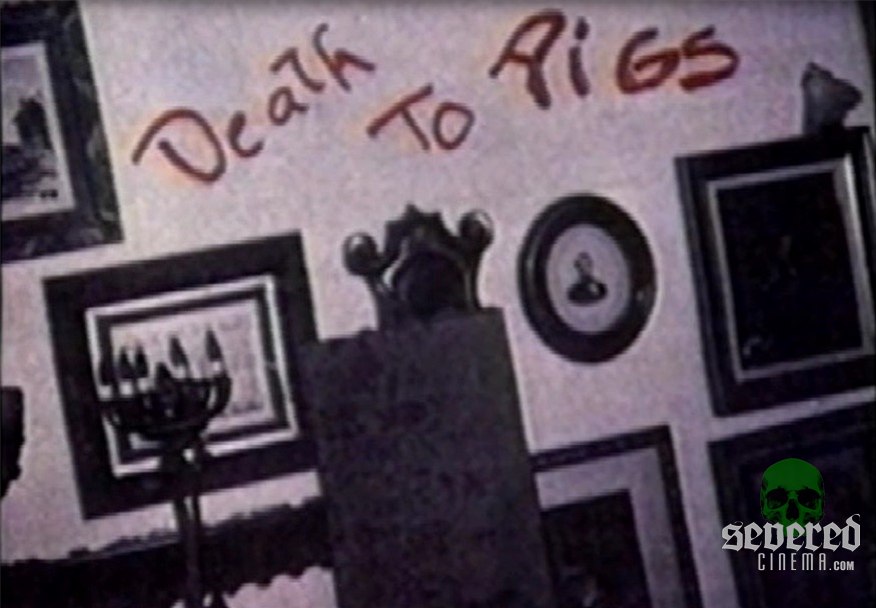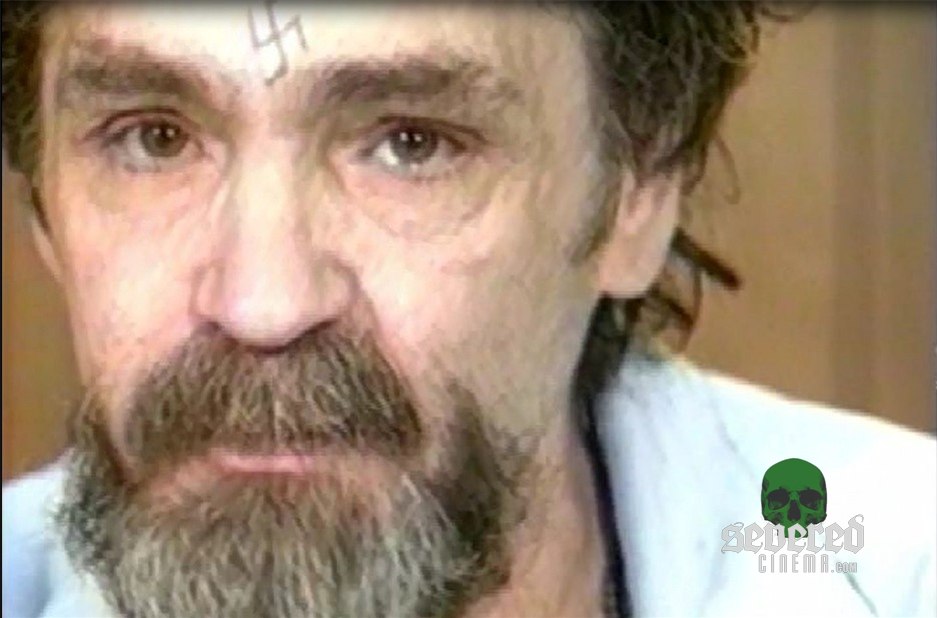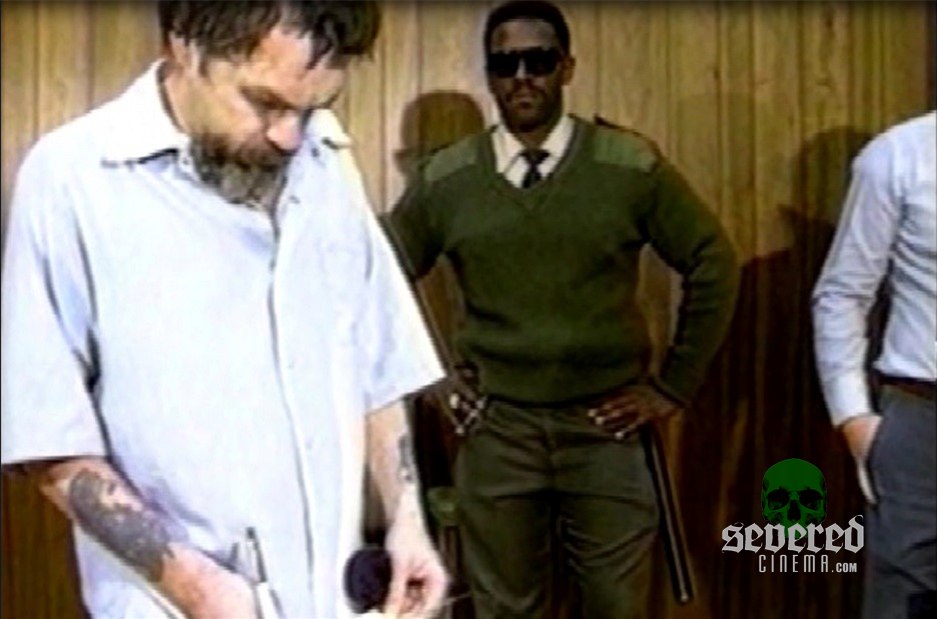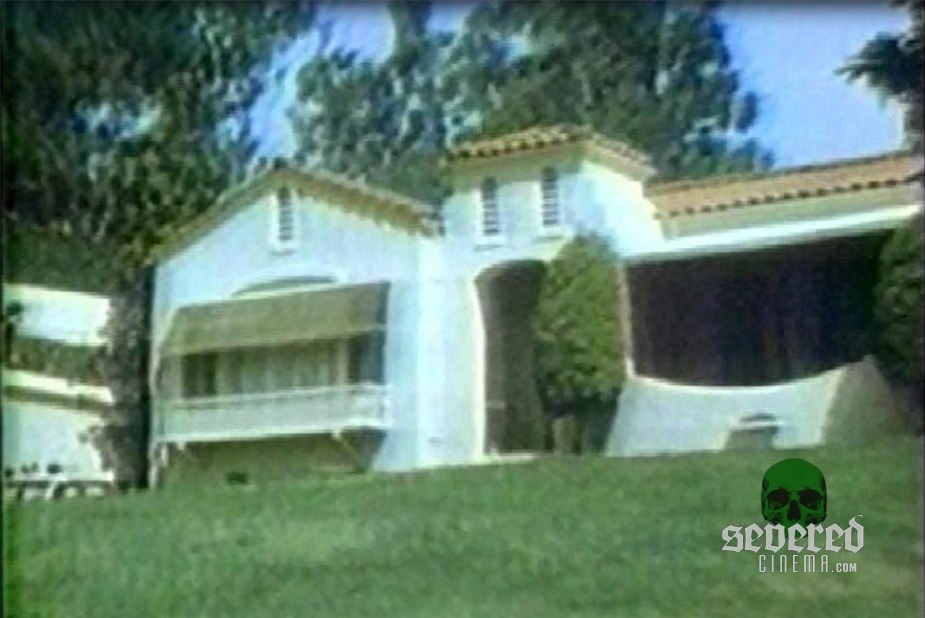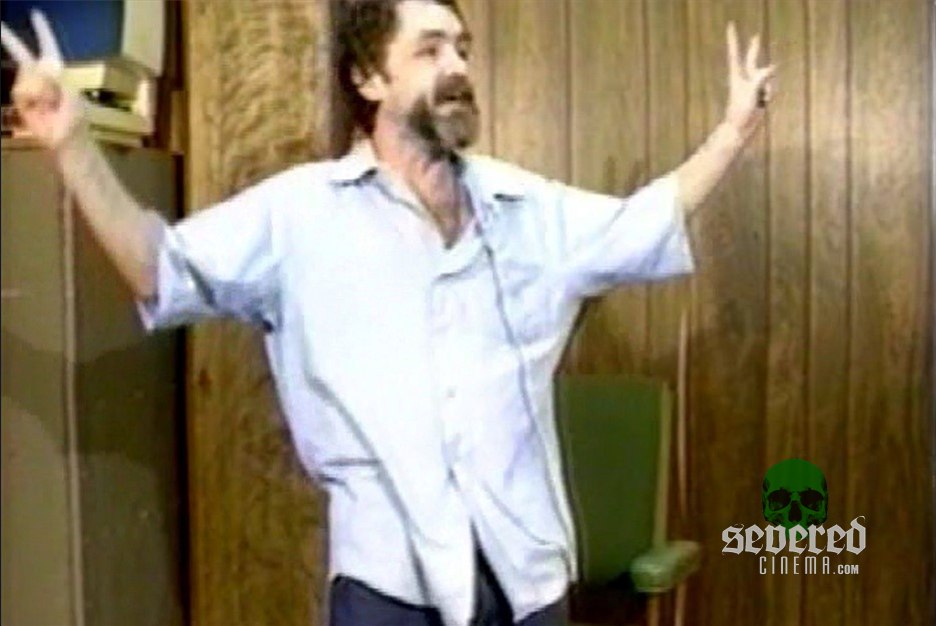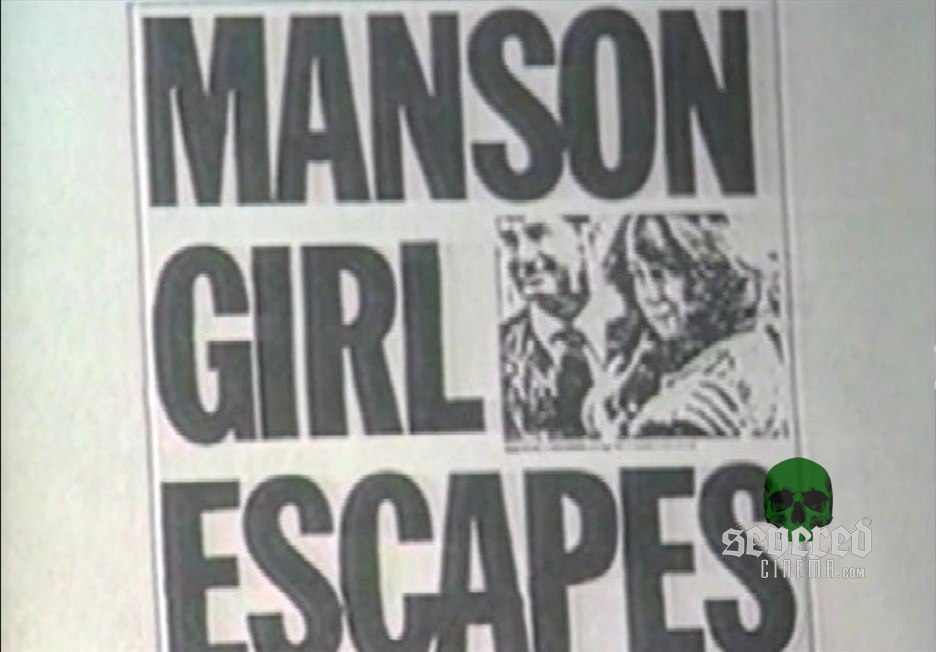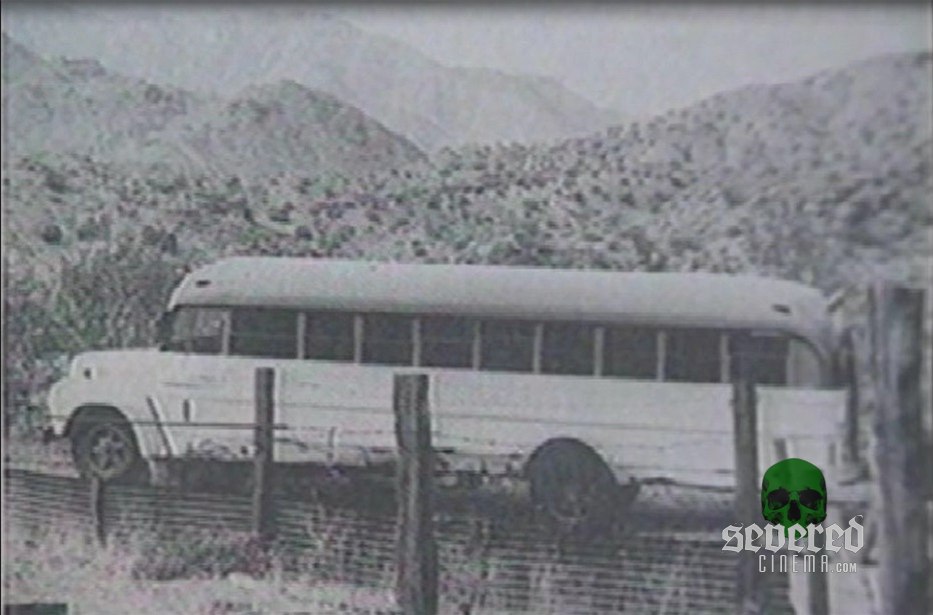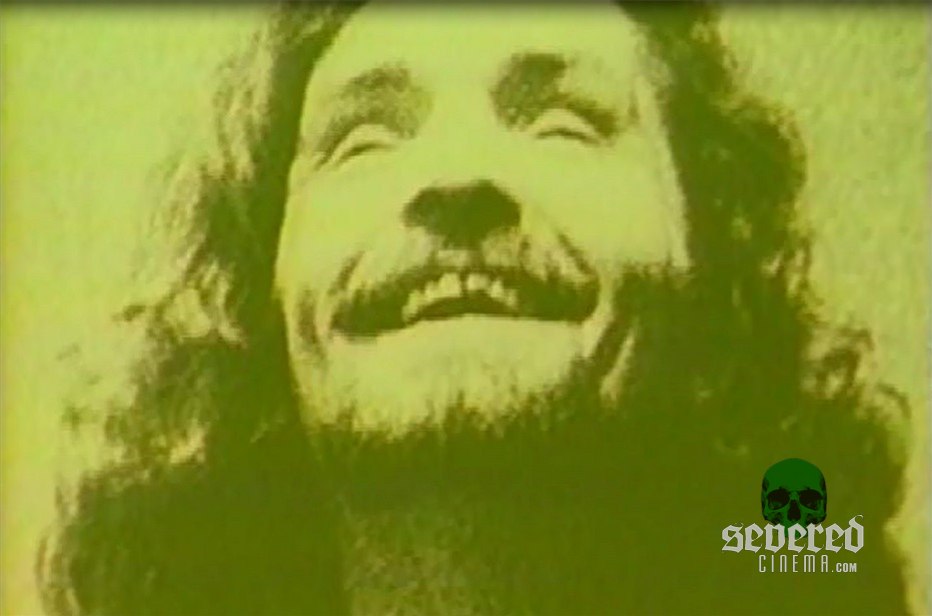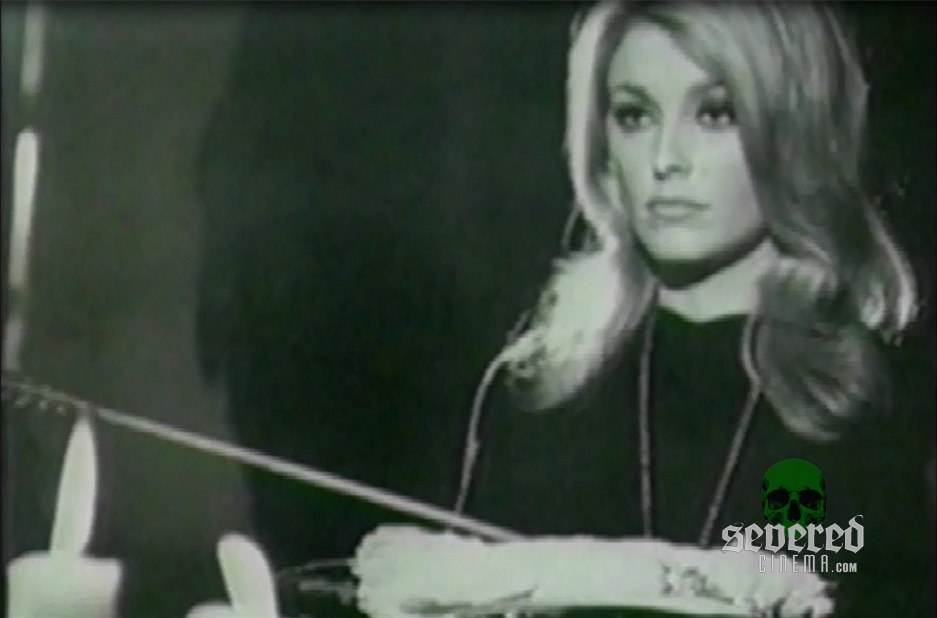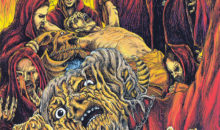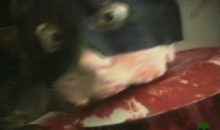Charles Manson Superstar DVD Review from Screen Edge
If there’s one person in the whole wide world of cult figures and real-life crime, etcetera, that can create such conflicting debates and arguments, it has to be Charles Manson. Basically, it comes down to a few factors such as since he didn’t actually kill anyone, why is he labelled a killer? The crimes he has forever been linked to are pale in comparison to many other far more extreme in that century alone, but they are still perceived as hideous and the worst.
Moreover, we have those who still worship him, and those who despise him. Those who see him as a silenced messiah, or a thuggish animal, and those who see him as a tool used by the FBI to kill the era of hippies.
Charles Manson, icon, hero, enemy, vile human being, image on t-shirts, sampled speaker on records, misunderstood musician and saviour, pimp, and much more – all particles in the mosaic of the legend. There have been so many films made, from Helter Skelter to Charlie Says starring ex Doctor Who, Matt Smith (a very noteworthy performance), and of course Jim Van Bebber’s infamous underground epic, The Manson Family. Which out of the multitude of movies and documentaries have captured him?
I’d say Charles Manson Superstar. This one is a step beyond Killing of America (see review here) and Death Scenes: Manson (see review here) insofar as it is fully devoted to the subject and gives Charlie centre stage to talk, explain, ramble, dance, pose, and throw insults at his prison wardens who sit nearby. Whilst this goes on, there are clips and such following the complete chain of events.
Released by Screen Edge, now they were once upon a time a label to be reckoned with, putting out the above mentioned Killing of America, The Dead Next Door, Leif Jonker’s Darkness, and so many more throughout the late ‘90s then into the millennium. They were different to the others circulating around that time. Originally this was released in 1989, carefully crafted by Nikolas Schreck, musician (Radio Werewolf), black magician, teacher, and guy who is called upon to appear in any satanic documentaries by the looks of his CV.
He begins his narration by summing up the events throughout the century (to that date) that have befallen August 8th. The dropping of the atomic bomb, the birth of Ed Gein, the resignation of Richard Nixon, and many more until we reach August 8th, 1969 when five people were slowly butchered overnight into the 9th including actress Sharon Tate.
“Manson has become the favourite brand name for murder and madness,” says Nikolas as we watch the traditional news footage of him being lead along corridors by solemn officers. Due to the infamous magazine cover that was widespread, Manson, says Nikolas, has become as well known as the logo for Coca Cola, and a marketing tool to make money. He states that “this tape” has been made for those who aren’t brainwashed, basically and want to try and find the truth behind everything.
The majority of Charles Manson Superstar is segments of an interview the director did with Charles at San Quentin. We begin with his childhood in Kentucky, and he explains what his moonshine Uncle Jess and the surrounding neighbours were like then the unfortunate explosive end that became Jess, his family, and even the chickens on the farm.
“You can’t fake on me, ‘cause I was your children – I was your children of the forties,” is his first commanding statement, something that is touched upon later more directly when he says he wasn’t a child of the sixties and the hippy movement at all. As he grew up, he became a grass smoking beatnik who ended up locked away many times.
Nikolas surmises that Charles, and his dark thoughts were born in solitary confinement, in his cell, where he created his own world and discovered the only thing that existed was the mind. He has his own language such as he explains the term ‘likens’ to Nikolas. Charles sees the outside world as a reflection filled with actors portraying the people who have been locked away in the prison system.
Throughout, Manson shoots insults at the prison, the guards, the two men in the room with him watching his every move. He stares at them as he says, “The last wave of ’em that sent me down here are all gone now… Doctor Morgan… blew his brains out!” he locks them both with a glare. As he empties a bin with which to perform a beat, he stares at the guard, “I’m very capable, and I’m un-handcuffed!” Little moments like this certainly makes you smile.
His views of race are interesting as he figures the thoughts of the black and white guards who are watching him, comes down to guilt and hatred. Does he want a race war? Does he still? He explains his arrival in San Francisco. “I had a couple o’ broads followin’ me around. I always had broads followin’ me around!” The hippy culture fascinated him being that he saw it as a new version of the beatniks, who were in turn a new version of the bohemians, and so on.
As the rise of civil rights came, he taught his followers to love their race, as feminism grew stronger, he showed the ladies in his family the ways of nature and submissiveness. When asked by Nikolas about his views of feminism, he says he is himself a beautiful woman. “All my girls know that.” He created the Order of the Rainbow; all his girls had a colour. Manson discusses loyalty and his mood darkens whilst speaking about Charles “Tex” Watson.
We visit what is left of the ranch in the valley, plus other places they stayed, seeing old home movies and photographs of them all. “I’d rather be a coyote in the desert, but I gotta play act this human thing, this form I’m in.” It was in the desert he began training his family in survivalist tactics, helped by the biker gangs who hung around. Charles says his world is the junkyard of stolen cars they left out in the dunes and hills. We are shown the remains of the vehicles, plus the old command posts where his girls would lay, armed and watchful of their surroundings.
“I didn’t break the law,” says Manson as we begin the night of murders, “I got a bunch of friends who killed some people. But my friends always been killin’ people. I got a lot of friends who are terrible people to other people, but to me… you gotta be responsible for your actions, I’m not your leader! I’m not your follower!” Nikolas points out that nothing has ever been brought to a court of law to show that Charlie Manson has killed anyone himself, yet he is forever known as a murderer, a serial killer, a butcher.
The point he is trying to make I think isn’t to glorify his subject in this instance but to show the media for what it is, a hype machine that can twist so much so everyone believes what they read or hear first-hand without looking deeper. This has always been the case and is still the case even nowadays.
The segment which captured my attention deeper so far reveals the inspiration for Manson, a bloke called Francis Pencovic, a criminal who changed his name to Krishna Venta and formed his own religious group in California after announcing he was Christ. His group was populated by mainly young females all with a given colour. I had not heard of this guy before so immediately after watching Charles Manson Superstar began reading up on him. It’s highly recommended doing so.
Parallels are drawn of their lives and teachings, then Sharon Tale and Susan Atkins, then Anton LaVey enters the story as does a brief of Alex and Maxine Sanders last heard of in my review for Legend of the Witches (see review here), plus Kenneth Anger and Robert De Grimston. LaVey is involved due to hiring Atkins as a vampire for a ritual, and then years later alleged to have performed a ritual the same night of the deaths to destroy the era of flower power. This has since been discredited by Anton’s ex-wife, by the way. Incidentally, second narration on this film is by Nikolas’ wife, Zeena, daughter of Anton, who severed all ties with the Church of Satan and her father.
It’s fantastic to hear segments of Charlie’s life, his philosophy (a mass mixture of sometimes directionless rants), religion, and such because most documentaries present just one side, the evil and the crimes. Regardless of what the viewer thinks of Manson, they are obviously already going to know everything that is to be known about the violence. Nikolas naturally touches upon the whole story but concentrates on Charles himself.
Look, it boils down to hardly any information, after all is said and done by Manson in his answers, his musings, his weird Karate poses which he uses sometimes to distract from the conversations at hand.
Extras on this release of Charles Manson Superstar on DVD by Screen Edge are vacant, photos, a biography, other releases, but the film itself is a glorious article which some will find a gold mine, others will be amused. It all depends on the individual and whether you hear Charles as a true messiah, or a tongue in cheek guarded man aware of the mystery surrounding him thus wanting to protect it.
Directed by: Nikolas Schreck
Written by: Nikolas Schreck
Produced by: Nikolas Schreck
Music by: Charles Manson, The Family, Olivier Messiaen, Anton La Vey and more
Cast: Charles Manson, Nikolas Schreck (narrator) Zeena (La Vey) Schreck (narrator)
Year: 1989
Country: USA
Language: English
Colour: Colour, Black and White
Runtime: 1h 46min
Studio: Holywood Productions, Video Werewolf
Distributor: Screen Edge
DVD SPECS:
Aspect Ratio: 1.33:1
Region: PAL R0/ALL
Audio: Dolby Digital Mono
SUPPLEMENTAL MATERIAL:
– Director’s Biography
– Stills
– Other releases


